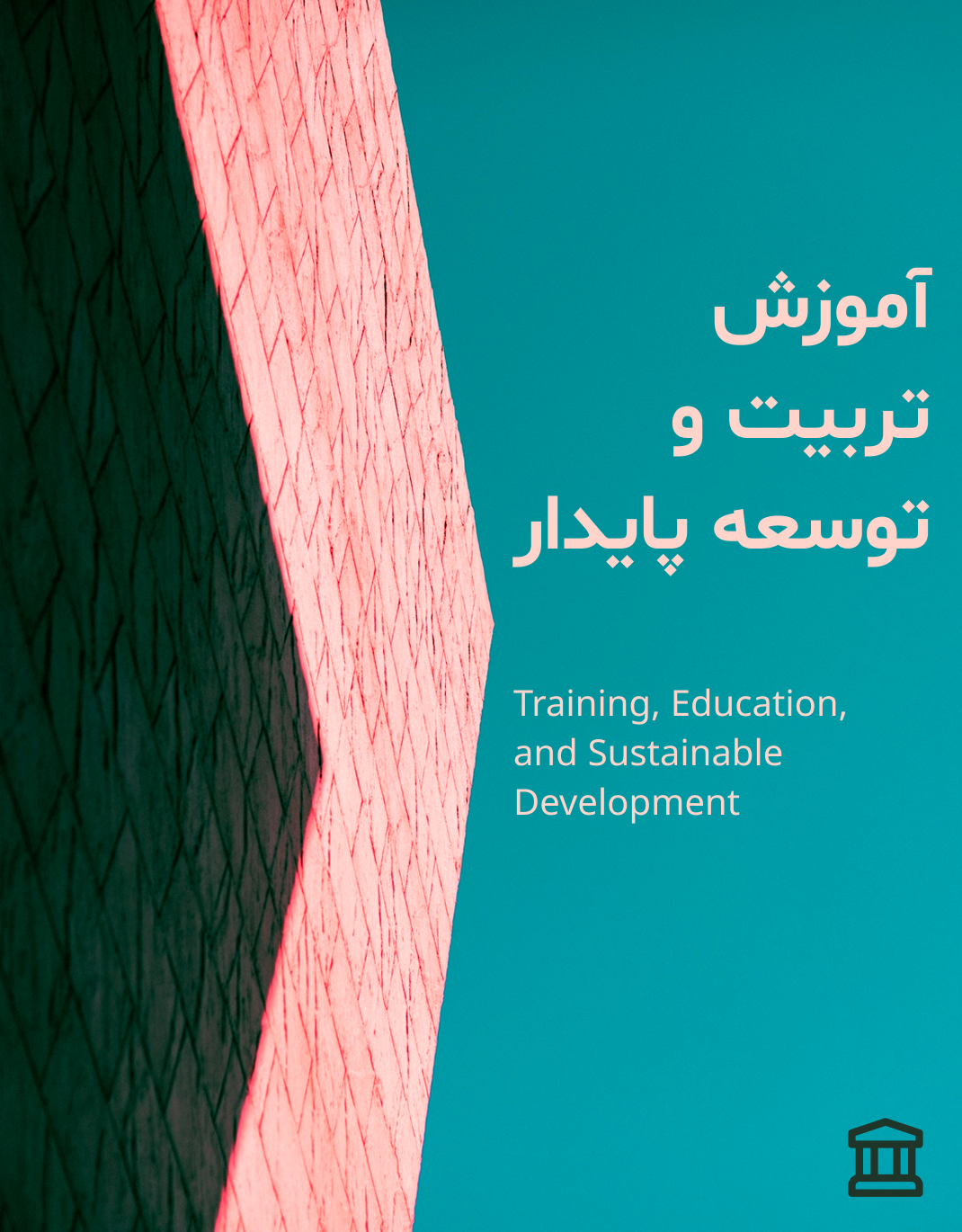مقایسه مهارتهای شناختی فراشناختی در دانش آموزان دختر و پسر شهر مشهد
کلمات کلیدی:
مهارتهای شناختی, فراشناختی, شناخت, نظارت, برنامه ریزیچکیده
مطالعه حاضر با هدف پژوهش حاضر، مقایسه مهارتهای شناختی فراشناختی در دانش آموزان دختر و پسر شهر مشهد انجام شد. پژوهش از نوع کمی مقایسهای بود. نمونه آماری شامل 355 نفر از دانش آموزان دختر و پسر شهر مشهد بودند، که با استفاده از روش نمونه گیری خوشهای چند مرحلهای انتخاب شدند. برای جمع آوری دادهها از پرسشنامه پرسشنامةراهبردهای شناختی و فراشناختی داوسون و مكاینری (2004) استفاده شد. برای تجزیه و تحلیل دادهها و آزمون فرضیههای تحقیق از روشهای آماری t نمونه مستقل و تحلیل واریانس چند متغیره (مانوا) استفاده شد. نتایج مطالعه نشان داد دانش آموزان دختر در مهارتهای شناختی و فراشناختی میانگین بالاتری از پسران داشتند. در تمام مولفههای مهارتهای فراشناختی (برنامه ریزی، نطارت، نظم دهی) و مهارتهای شناختی (بسط معنایی، تکرار و تمرین و سازماندهی) تفاوت معناداری بین دانش آموزان دختر نسبت به پسران یافت شد. در نتیجه دانش آموزان پسر نیازمند توجه آموزشی و تلاش فردی برای تقویت مهارتهای شناختی و فراشناختی خویش بودند.
دانلودها
مراجع
Aminjonovna, S. O. (2021). The Importance of the Spiritual Heritage of Uzbek Enlighteners in the Education of Youth. International Journal on Orange Technologies, 3(6), 110-112.
Cer, E. (2019). The instruction of writing strategies: The effect of the metacognitive strategy on the writing skills of pupils in secondary education. Sage Open, 9(2). https://doi.org/10.1177/2158244019842681
Discipulo, L. G., & Bautista, R. G. (2022). Students' cognitive and metacognitive learning strategies towards hands-on science. International Journal of Evaluation and Research in Education, 11(2). https://doi.org/10.11591/ijere.v11i2.22018
Güner, P., & Erbay, H. N. (2021). Metacognitive Skills and Problem-Solving. International Journal of Research in Education and Science, 7(3), 715-734. https://doi.org/10.46328/ijres.1594
Henriksen, K., Schinke, R., Moesch, K., McCann, S., Parham, W. D., Larsen, C. H., & Terry, P. (2020). Consensus statement on improving the mental health of high performance athletes. International Journal of Sport and Exercise Psychology, 18(5), 553-560. https://doi.org/10.1080/1612197X.2019.1570473
Ilma, S., Al-Muhdhar, M. H. I., Rohman, F., & Sari, M. S. (2022). Promoting Students' Metacognitive Awareness and Cognitive Learning Outcomes in Science Education. International Journal of Evaluation and Research in Education, 11(1), 20-30. https://doi.org/10.11591/ijere.v11i1.22083
Merchán Garzón, D. F., Huertas Bustos, A. P., & Ugarte Lizarazo, J. O. (2020). Relationship between metacognitive skills, gender, and level of schooling in high school students. Suma Psicológica, 27(1), 9-17. https://doi.org/10.14349/sumapsi.2020.v27.n1.2
Pambudi, G. D., Winangsih, F., Nunaki, J. H., Nusantari, E., & Damopolii, I. (2022). Encouraging students' metacognitive skills through inquiry learning. Inornatus: Biology Education Journal, 2(1), 43-52. https://doi.org/10.30862/inornatus.v2i1.272
Rivas, S. F., Saiz, C., & Ossa, C. (2022). Metacognitive strategies and development of critical thinking in higher education. Frontiers in psychology, 13. https://doi.org/10.3389/fpsyg.2022.913219
Saputri, W., & Corebima, A. D. (2020). The correlation between metacognitive skills and cognitive learning results of biology pre-service teachers on different learnings. Journal of Turkish Science Education, 17(4), 487-503. https://doi.org/10.36681/tused.2020.40
Sari, S. V. (2025). Relationship Between Metacognitive Skills and Career Exploration Outcome Expectations: Mediating Role of Parental and Peer Attachment Styles. BMC psychology, 13(1). https://doi.org/10.1186/s40359-025-02594-3
Sheffler, P., Rodriguez, T. M., Cheung, C. S., & Wu, R. (2022). Cognitive and metacognitive, motivational, and resource considerations for learning new skills across the lifespan. Wiley Interdisciplinary Reviews: Cognitive Science, 13(2). https://doi.org/10.1002/wcs.1585
Shekh-Abed, A. (2024). Metacognitive self-knowledge and cognitive skills in project-based learning of high school electronics students. European Journal of Engineering Education. https://doi.org/10.1080/03043797.2024.2374479
Smith, A. K., Black, S., & Hooper, L. M. (2020). Metacognitive knowledge, skills, and awareness: A possible solution to enhancing academic achievement in African American adolescents. Urban Education, 55(4), 625-639. https://doi.org/10.1177/0042085917714511
Stanton, J. D., Sebesta, A. J., & Dunlosky, J. (2021). Fostering metacognition to support student learning and performance. CBE-Life Sciences Education, 20(2). https://doi.org/10.1187/cbe.20-12-0289
Tatiana, B., Kobicheva, A., Tokareva, E., & Mokhorov, D. (2022). The relationship between students' psychological security level, academic engagement and performance variables in the digital educational environment. Education and Information Technologies, 27(7), 9385-9399. https://doi.org/10.1007/s10639-022-11024-5
Usman, A., Susilo, H., Suwono, H., & Corebima, A. D. (2021). The Contributions of Metacognitive Skills towards the Retention of Different Academic Ability Students for the Implementation of Several Learning Models. International Journal of Education and Practice, 9(3), 550-567. https://doi.org/10.18488/journal.61.2021.93.550.567
دانلود
چاپ شده
ارسال
بازنگری
پذیرش
شماره
نوع مقاله
مجوز
حق نشر 2025 Mahboobeh Bouri (Author); Mansoureh Karimzadeh; Zohreh Mouszadeh (Author)

این پروژه تحت مجوز بین المللی Creative Commons Attribution-NonCommercial 4.0 می باشد.


